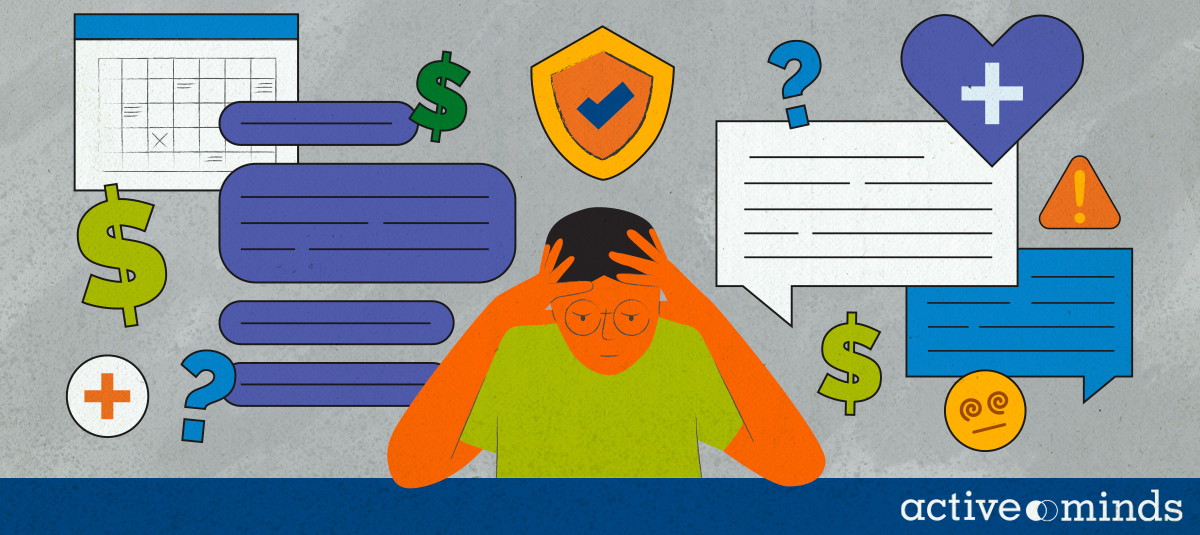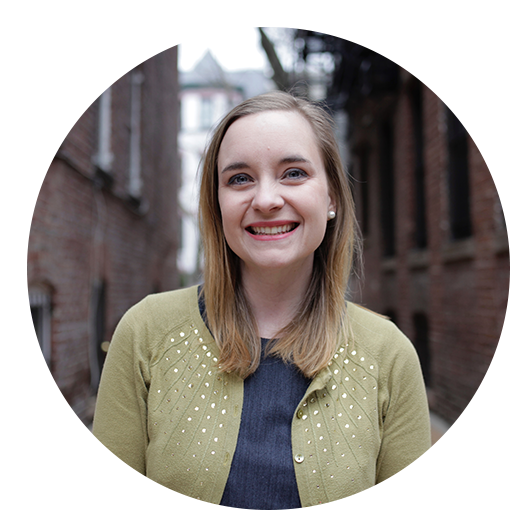The mission of Active Minds is centered around mobilizing youth and young adults to be the mental health change in their schools and communities. In my ten years at the organization, I have seen the power of grassroots advocacy in improving mental health culture nationwide — but I’ve also seen the toll it can take on young changemakers. The truth is you can’t pour from an empty cup, and we are hearing more and more that young people are unable to access the mental health care they need because of how expensive these services can be.
While truly redefining accessible mental health will take massive shifts in public policy, there are still ways to find support that won’t break your budget. Below are a few different options, depending on what is available in your community and what you’re seeking:
Peer Support Services
In partnership with our friends at ShareWell, young adults ages 18 to 25 can now access a free year of peer support using code “FREEYEAR” at checkout. Peer support is a fantastic tool for those struggling to see therapists or psychiatrists, as peer supporters use their own experiences to help others process what they are going through. Peer support services are often more accessible and cost-effective than traditional forms of professional help while still offering sound advice and care.
Anyone over the age of 18 can also access free professional peer support sessions through our friends at Peer.net. Just like with ShareWell, these sessions involve speaking with a peer supporter; however, with Peers.net, you are matched with a peer support professional based on a brief quiz that outlines your needs, your goals in seeking peer support, and anything you would like your supporter to have experience with (including specific mental illnesses, trauma, and identity-related factors). Access your free sessions here using code “ACTIVEMINDS.”
Mental Health Hotlines (988 and Crisis Text Line)
Need someone to talk to ASAP? Consider reaching out to one of the nationally available, 24/7 mental health hotlines, like 988 (which you can call or text) or the Crisis Text Line (text “HOME” to 741741). Both services are completely free and will connect you directly to trained volunteers who are ready and able to speak with you about any mental health needs you may have. Not sure what to say? That’s a common worry — the good news is, there’s no right answer. You can talk about anything you need, for however long you need. The most important thing is just reaching out.
Campus and Community Counseling Centers
For students, we recommend reaching out to the counseling centers at your schools to find affordable mental health care options or connecting directly with trained professionals provided by your school. Additionally, some schools have partnerships with organizations that offer professional counseling to students at a discounted or free rate. For non-students, look into community counseling centers — many offer discounted or sliding-scale services. For example, residents of Washington, D.C., can contact the Community Counseling Services Center affiliated with George Washington University’s Graduate School of Education and Human Development.
As I shared, these options are not a perfect solution to our imperfect healthcare system. Instead, they are meant to be quick and accessible options for those needing immediate and less expensive mental health care. If you’d like to learn more about available referral resources for seeking professional help, we encourage you to visit our website. Finally, if you’re looking to support someone in your life who may be struggling with their mental health, check out this advice from our team.




